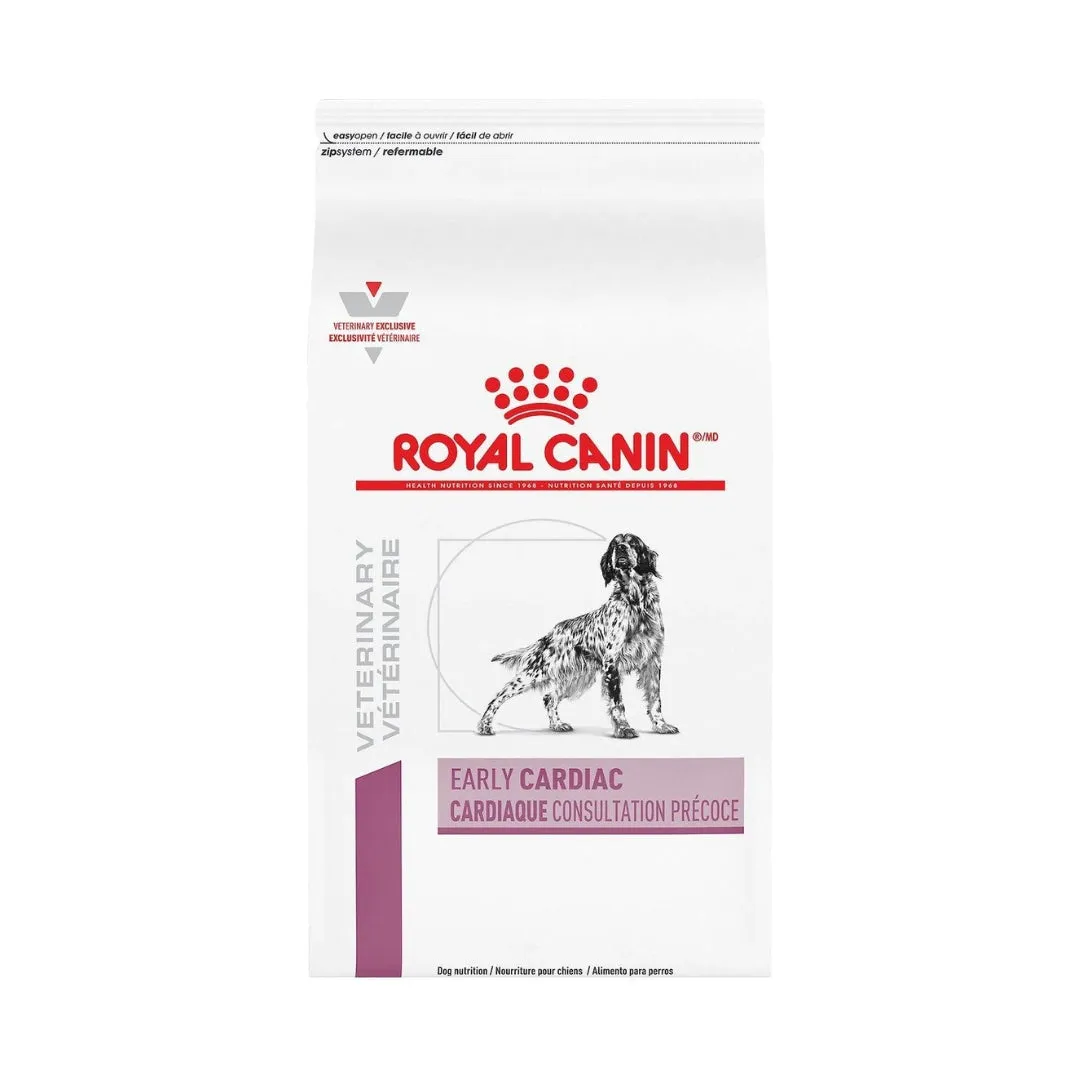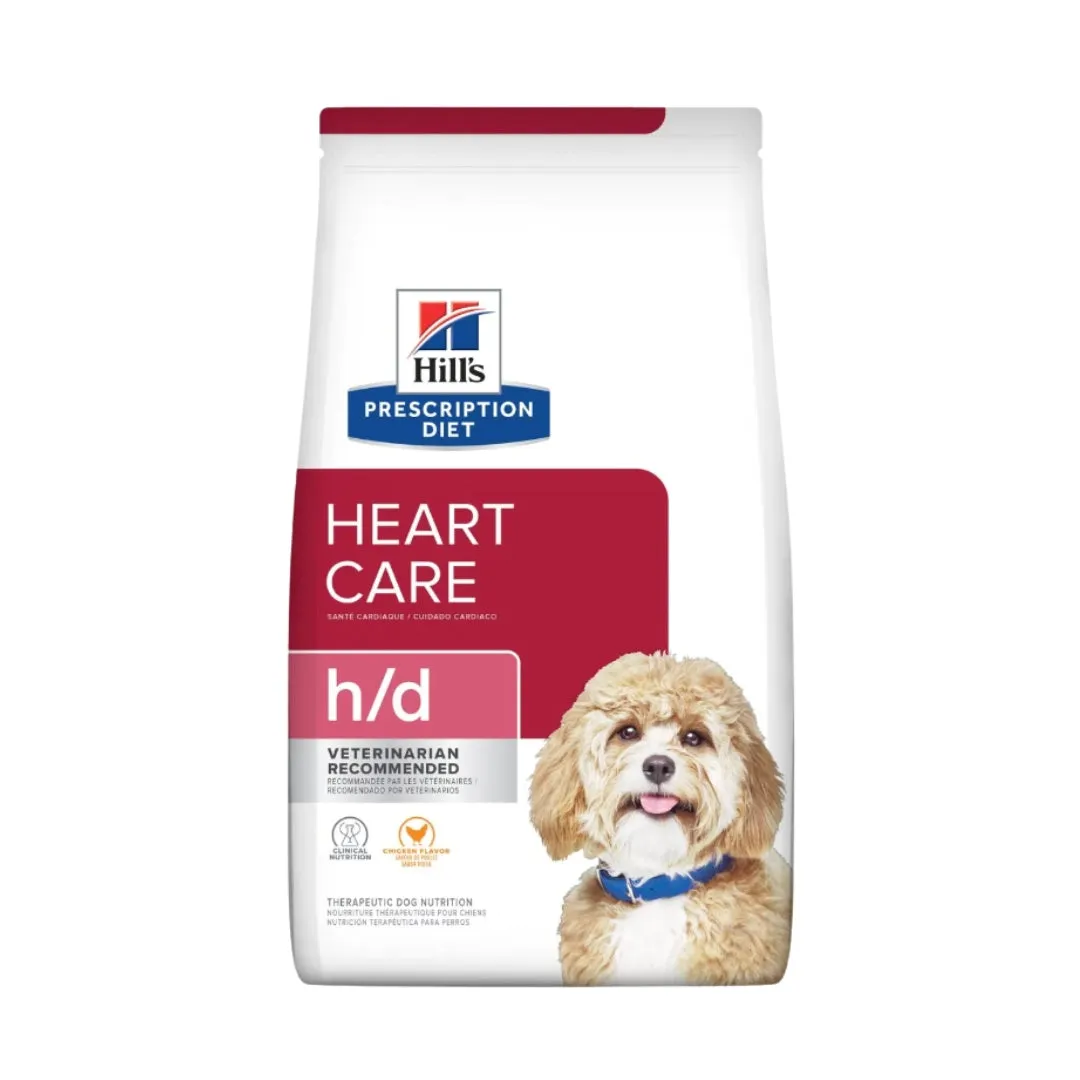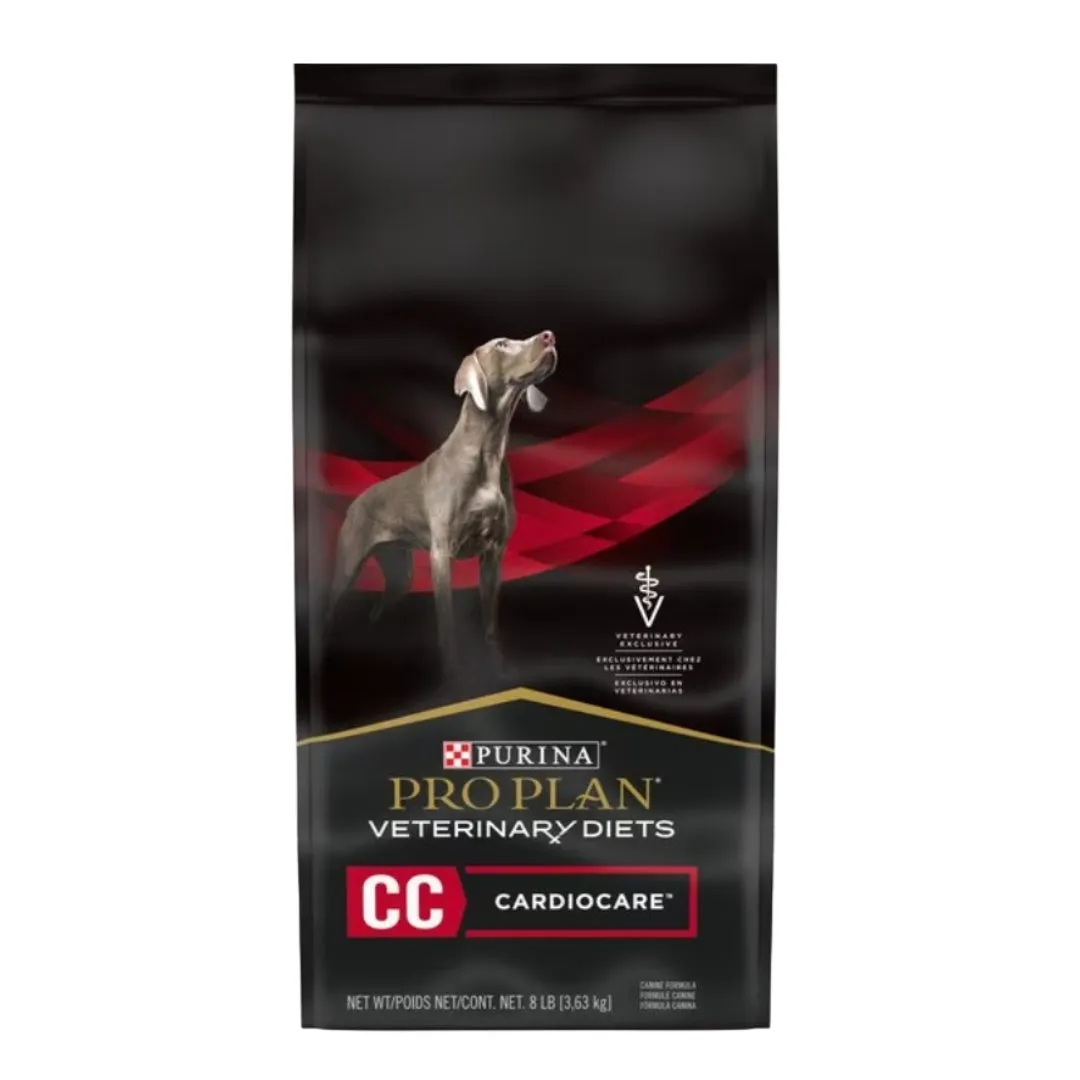Managing congestive heart failure (CHF) in dogs can be a challenging journey for any pet parent. This chronic condition, often stemming from underlying heart disease, necessitates careful attention to every aspect of a dog’s life, with diet playing a pivotal role. Choosing the right nutrition can significantly impact your dog’s quality of life, help manage symptoms, and potentially slow the disease’s progression. This comprehensive guide will delve into what CHF entails, the specific dietary requirements for affected dogs, and highlight top food recommendations to ensure your furry friend enjoys their meals while supporting optimal heart health. We aim to equip you with the knowledge to make informed decisions about the Best Dog Food For Dogs With Heart Disease.
Understanding Congestive Heart Failure (CHF) in Dogs
Congestive heart failure in dogs is a chronic and progressive condition where the heart is unable to pump blood effectively, leading to fluid buildup in the body. This condition typically results from underlying heart diseases such as dilated cardiomyopathy, valvular heart disease, or hypertension. Recognizing the symptoms early is crucial for timely intervention. Common signs include coughing, difficulty breathing, reduced exercise tolerance, and a decreased appetite. Diagnosis involves a thorough physical examination, blood tests, chest X-rays to assess lung and heart size, and an echocardiogram for detailed heart imaging. Treatment often combines medications, oxygen therapy, fluid management, careful diet adjustments, weight management, and regular, controlled exercise. Given its progressive nature, CHF requires close monitoring and continuous management throughout a dog’s life.
Left-Sided Congestive Heart Failure (LS-CHF)
Mechanism: In left-sided CHF, the left ventricle—the heart’s main pumping chamber responsible for sending oxygenated blood to the body—fails to effectively eject blood. This leads to blood backing up into the left atrium and subsequently into the pulmonary veins and lungs. The resulting fluid accumulation in the lungs is known as pulmonary congestion and edema, making breathing difficult.
Symptoms: Dogs with LS-CHF often exhibit a persistent cough, which may worsen at night or after physical activity. They may also experience difficulty breathing (dyspnea), characterized by rapid or labored breathing due to fluid in the lungs. Exercise intolerance is common, and affected dogs might display restlessness, especially when trying to lie down, as this position can exacerbate breathing difficulties.
Causes: Key causes include Mitral Valve Disease, particularly prevalent in small breeds and older dogs, and Dilated Cardiomyopathy, which frequently affects large breed dogs. Congenital heart defects, such as patent ductus arteriosus (PDA) or ventricular septal defects (VSD), can also contribute.
Right-Sided Congestive Heart Failure (RS-CHF)
Mechanism: Conversely, in right-sided CHF, the right ventricle struggles to pump deoxygenated blood effectively to the lungs. This causes blood to back up into the right atrium and then into the systemic circulation, leading to fluid accumulation outside the lungs.
Symptoms: The most noticeable symptom of RS-CHF is ascites, a swollen abdomen due to fluid buildup. Other signs include peripheral edema, which is swelling in the limbs, and jugular vein distention, where neck veins become visibly swollen. Similar to LS-CHF, exercise intolerance is also a common feature, but in this case, it results from systemic issues rather than pulmonary ones.
Causes: Common causes of RS-CHF include Heartworm Disease, particularly in regions where heartworm is prevalent. Tricuspid Valve Disease, similar to mitral valve disease but affecting the right side of the heart, and Pulmonary Hypertension—increased blood pressure in the lungs—can also strain the right side of the heart, leading to failure.
Why a Special Diet is Crucial for Dogs with CHF
For dogs diagnosed with congestive heart failure, a carefully tailored diet is not just beneficial but often critical for managing the condition and improving their well-being. A low-sodium diet is paramount, as it helps reduce fluid retention, thereby easing the significant workload on the heart. Additionally, a diet rich in high-quality protein and low in fat helps maintain vital muscle mass, supporting overall heart function and preventing cardiac cachexia. The inclusion of antioxidants can also play a role in protecting the heart from further cellular damage. Alongside dietary modifications, diuretic medications like Furosemide are frequently prescribed to help eliminate excess fluid and sodium from the body. It is imperative to consult with your veterinarian or a veterinary cardiologist to determine the most appropriate diet plan, specifically formulated to address your dog’s unique condition and the underlying causes of their CHF.
 A small dog resting comfortably inside an oxygen chamber, receiving vital oxygen therapy
A small dog resting comfortably inside an oxygen chamber, receiving vital oxygen therapy
Key Nutritional Considerations for Dogs with Heart Disease
When selecting the best dog food for dogs with heart disease, particularly CHF, understanding specific nutritional characteristics is vital. The goal is to reduce the heart’s burden, manage fluid balance, and support overall cardiovascular health.
- Low Sodium: A diet with restricted sodium levels is fundamental. Excess sodium can lead to fluid retention, increasing blood volume and placing extra strain on an already compromised heart. Opting for low-sodium formulations helps manage these critical aspects.
- High-Quality Protein: Adequate protein intake from high-quality sources is essential to maintain muscle mass, including cardiac muscle. This helps prevent muscle wasting, which can occur in advanced heart disease, and supports the dog’s overall strength and vitality.
- Low Fat: While some fat is necessary, a diet that is appropriately low in fat can help reduce the workload on the heart and support better cardiovascular health. Avoiding excessive fat can also help manage weight, which is crucial for heart patients.
- High Antioxidants: Including a good supply of antioxidants, such as vitamins E and C, in your dog’s diet can help combat oxidative stress. This protects heart cells from damage caused by free radicals, potentially slowing disease progression.
- High Fiber: For some dogs with CHF, a diet rich in fiber can aid in regulating bowel function and maintaining firm stools. This may indirectly benefit heart health by preventing straining during defecation, which can temporarily increase heart pressure. For those also dealing with digestive upset, supplementing with a best probiotic for dogs with loose stools can offer additional support.
- Low Phosphorus: In cases where dogs with CHF also have concurrent kidney issues, a diet low in phosphorus becomes a critical consideration. This can help protect kidney function, which is often intertwined with cardiovascular health. When evaluating dog foods, consider options tailored for kidney support, similar to how one might consider a blue buffalo kidney support canned dog food for kidney-specific needs.
Breeds Predisposed to Congestive Heart Failure
While any dog can develop heart disease, some breeds have a genetic predisposition to CHF. Awareness of these predispositions can help owners and veterinarians monitor at-risk dogs more closely. Breeds commonly affected include:
- Cavalier King Charles Spaniel: Known for Mitral Valve Disease.
- Miniature and Toy Poodles: Also prone to valvular heart disease.
- Dachshund: Can develop various heart conditions.
- Doberman Pinscher: Highly susceptible to Dilated Cardiomyopathy.
- Great Dane: Another large breed prone to Dilated Cardiomyopathy.
- Boxer: Known for Boxer Cardiomyopathy (Arrhythmogenic Right Ventricular Cardiomyopathy).
- Irish Wolfhound: Often affected by Dilated Cardiomyopathy.
- Cocker Spaniel: Can also develop Dilated Cardiomyopathy, sometimes linked to taurine deficiency.
Foods to Avoid for Dogs with CHF
If your dog has been diagnosed with congestive heart failure, it’s just as important to know what to avoid as it is to know what to feed. Certain foods can exacerbate symptoms and put additional strain on their heart. High-sodium foods are at the top of the list, as excess salt directly contributes to fluid retention and worsens heart strain. This includes many processed treats, deli meats, cheeses, canned foods with added salt, and table scraps like chips or fast food items.
Additionally, steer clear of high-fat foods that can contribute to obesity, placing further stress on the heart. Many commercial dog foods, especially those not formulated for cardiac health, may contain excessive sodium or unhealthy fats. Always opt for low-sodium, heart-healthy diets recommended by your veterinarian. It is also crucial to be cautious with grain-free diets. Unless specifically advised by your veterinarian for a medical reason, avoid grain-free foods, as some have been linked to taurine deficiency-associated dilated cardiomyopathy (DCM). In some cases, dogs with CHF may require taurine and L-carnitine supplementation, so discuss this with your vet.
 A small dog rests comfortably on a seat in a car, receiving oxygen therapy from a portable device
A small dog rests comfortably on a seat in a car, receiving oxygen therapy from a portable device
Can CHF Be Cured? Understanding the Prognosis
Congestive heart failure is a progressive, lifelong condition that does not go away on its own. While there is currently no cure for CHF in dogs, early diagnosis and proper, consistent management can significantly slow its progression and vastly improve your dog’s quality of life. This management typically involves a multi-faceted approach. Treatment often includes diuretics to reduce fluid buildup, ACE inhibitors to ease the strain on the heart, and supportive therapies such as supplemental oxygen, or specific nutrient supplementation like taurine or L-carnitine if a deficiency is identified. Regular veterinary check-ups are essential to monitor heart function, track symptom progression, and adjust both medication and dietary plans as needed. Proactive and dedicated care ensures that while CHF is permanent, your dog can still live a longer, more comfortable, and happy life.
Top 5 Recommended Dog Foods for Canine Heart Health
Choosing a prescription or veterinary-specific cardiac diet is often the best dog food for dogs with heart disease. These foods are precisely formulated to meet the unique nutritional needs of dogs with heart conditions, often requiring a veterinary prescription.
Royal Canin Veterinary Diet: Early Cardiac
Royal Canin’s Early Cardiac formula is meticulously designed to support heart function in the early stages of cardiac disease. It features precisely balanced nutrients, including added EPA and DHA omega-3 fatty acids, which are known for their anti-inflammatory properties and benefits to cardiovascular health. Critically, it has a low sodium content to help manage fluid retention. This diet is available with a prescription from your veterinarian.
- Avg. Cost: $84.99
- RX Required: Yes
- Avg. Rating: 4.5
 A bag of Royal Canin Veterinary Diet Early Cardiac dog food, a prescription diet for canine heart health
A bag of Royal Canin Veterinary Diet Early Cardiac dog food, a prescription diet for canine heart health
Hill’s Prescription Diet: Heart Care H/D
Hill’s Prescription Diet H/D is specifically formulated to support overall heart health in dogs with cardiac conditions. Beyond its primary cardiac benefits, this diet also helps to support liver and kidney function, which can be crucial for dogs with co-existing conditions or those on medications that affect these organs. It is also a prescription-only diet.
- Avg. Cost: $84.99
- RX Required: Yes
- Avg. Rating: 4.0
 A bag of Hill’s Prescription Diet Heart Care H/D dog food, formulated for canine heart health
A bag of Hill’s Prescription Diet Heart Care H/D dog food, formulated for canine heart health
Hill’s Prescription Diet: Weight Management R/D
While not solely a cardiac diet, Hill’s Prescription Diet R/D is clinical nutrition formulated to help dogs reduce body fat. Given that obesity can significantly increase the workload on a dog’s heart, managing weight is often a critical component of CHF treatment. This diet aims to help dogs achieve a healthy weight while keeping them satisfied.
- Avg. Cost: $105.99
- RX Required: Yes
- Avg. Rating: 4.7
Royal Canin: Canine Satiety to Support Weight Management
Similar to the H/D diet, Royal Canin’s Canine Satiety Support is formulated to help dogs lose weight in a safe and balanced manner. It incorporates a special blend of fibers designed to promote satiety, helping dogs feel fuller for longer. Achieving and maintaining an ideal body weight is paramount for dogs with heart disease to minimize cardiac stress.
- Avg. Cost: $104.99
- RX Required: Yes
- Avg. Rating: 4.5
Purina Pro Plan Veterinary Diets: CC CardioCare High Protein
Purina Pro Plan Veterinary Diets CC CardioCare High Protein is formulated to support optimal cardiac function. This specialized diet includes a blend of amino acids and fatty acids that work synergistically to help maintain healthy heart structure and function. It targets the nutritional needs of dogs with various heart conditions.
- Avg. Cost: $75.99
- RX Required: Yes
- Avg. Rating: 4.0
 A bag of Purina Pro Plan Veterinary Diets CC CardioCare High Protein dog food, designed to support canine heart health
A bag of Purina Pro Plan Veterinary Diets CC CardioCare High Protein dog food, designed to support canine heart health
The Role of Oxygen Therapy in Managing Canine CHF
Beyond dietary management, supplemental oxygen can significantly benefit dogs with congestive heart failure. Oxygen therapy helps increase the oxygen concentration in the air your dog breathes, which can often alleviate some of the most distressing symptoms of CHF, particularly difficulty breathing and restlessness. By making breathing easier, oxygen therapy reduces the workload on the heart, as the heart doesn’t have to work as hard to pump oxygenated blood throughout the body.
Oxygen therapy for dogs with CHF typically involves using an oxygen concentrator, which efficiently removes nitrogen from the air to deliver a higher concentration of oxygen. This oxygen is then delivered to your dog through various methods, commonly via an oxygen chamber or a specialized pet oxygen mask. Companies like Pawprint Oxygen offer portable Oxygen Kits for Dogs, providing everything needed to administer oxygen therapy at home, offering critical support when and where your dog needs it most. This comprehensive approach, combining the right diet and supportive therapies, is key to managing CHF effectively.
Finding the Best Food for Your Dog with CHF: A Practical Guide
Navigating the choices for your dog’s diet when they have CHF can feel overwhelming. To ensure you find the best dog food for dogs with heart disease, consider these practical guidelines:
- Look for Low-Sodium Diets: Sodium restriction is the cornerstone of managing CHF. Always choose dog food labeled “low-sodium” or “cardiac-supportive.” Be diligent in avoiding treats and table scraps with added salt.
- Prioritize High-Quality Protein: Your dog needs high-quality, easily digestible protein sources to maintain essential muscle mass, especially as heart disease can sometimes lead to muscle wasting. Lean protein sources like chicken, turkey, and fish are excellent choices.
- Ensure Essential Nutrients: For specific heart conditions like dilated cardiomyopathy (DCM), certain nutrient deficiencies, such as taurine, can be a factor. Especially in breeds like Dobermans and Cocker Spaniels, ensure the diet includes adequate taurine and L-carnitine, or discuss supplementation with your vet.
- Avoid Grain-Free Diets (Unless Vet-Recommended): Recent research has linked some grain-free diets to diet-associated DCM. Unless your dog has a medically diagnosed allergy or sensitivity to grains, it’s generally safer to stick with balanced foods containing wholesome grains like brown rice or oatmeal.
- Look for Omega-3 Fatty Acids: Fish oil, rich in EPA and DHA omega-3 fatty acids, can help reduce inflammation and provide crucial support for heart function. Many cardiac diets incorporate omega-3s, or your vet can recommend a suitable supplement. For general health, a diet that also supports a healthy food for dogs skin and coat often includes beneficial fatty acids.
- Choose Prescription or Vet-Recommended Cardiac Diets: Brands like Royal Canin, Hill’s, and Purina Pro Plan offer prescription diets specifically formulated for dogs with heart disease. These are often the most beneficial options due to their precise nutrient profiles.
- Avoid Processed and High-Fat Foods: Stay away from table scraps, fried foods, deli meats, and commercial treats that are high in sodium and unhealthy fats. These can exacerbate symptoms and contribute to obesity, further straining the heart.
For the most personalized and effective dietary plan, it is absolutely essential to consult your veterinarian or a veterinary cardiologist. They can tailor a diet that precisely meets your dog’s specific needs based on their unique heart condition, overall health, and weight.
Conclusion
Managing congestive heart failure in dogs requires a dedicated and informed approach, with diet standing as one of the most powerful tools in your arsenal. By understanding the nuances of canine CHF and focusing on a low-sodium, high-quality protein, and nutrient-rich diet, you can significantly contribute to your dog’s comfort and well-being. The prescription diets highlighted in this guide offer specialized support, but always remember that every dog is unique. The ultimate goal is to provide a diet that minimizes cardiac strain, manages symptoms, and supports overall health, ensuring your beloved companion enjoys the best possible quality of life. Always partner closely with your veterinarian to develop and continually adjust the optimal dietary strategy for your dog’s specific needs.

 A bag of Royal Canin Veterinary Diet Early Cardiac dog food, a prescription diet for canine heart health
A bag of Royal Canin Veterinary Diet Early Cardiac dog food, a prescription diet for canine heart health A bag of Hill’s Prescription Diet Heart Care H/D dog food, formulated for canine heart health
A bag of Hill’s Prescription Diet Heart Care H/D dog food, formulated for canine heart health A bag of Purina Pro Plan Veterinary Diets CC CardioCare High Protein dog food, designed to support canine heart health
A bag of Purina Pro Plan Veterinary Diets CC CardioCare High Protein dog food, designed to support canine heart health